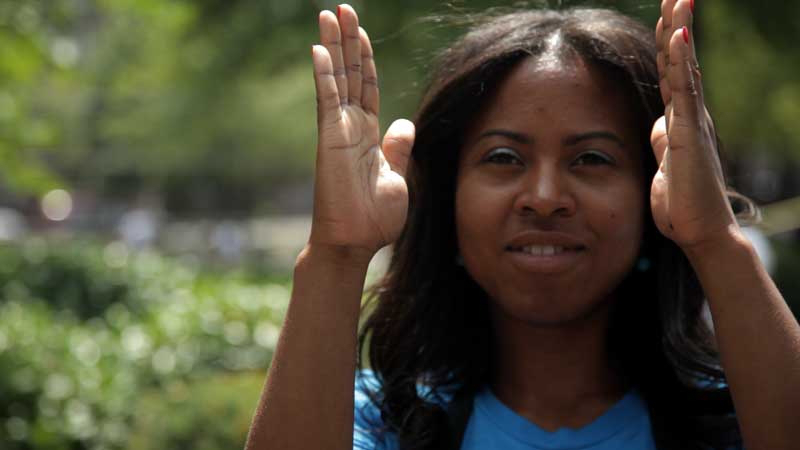
A few months ago I started a video project exploring food policy programs in New York City. Our news media is saturated with talk of healthy eating and diet-related disease – I was curious: what is happening in NY to address the problems with our food system and increase access to healthy, affordable food for city residents? What are some of our local discussions and controversies? In my next few blog posts I’ll share some of the people and projects (and policy initiatives) I’ve been profiling and talk about how it all adds up to a pretty vibrant and growing urban food movement.
There is much to be said about the debates and challenges surrounding anti-obesity initiatives. For example, a recent webinar: SNAP and Soda: whose business is it anyway? is worth watching. For this first post, however, I decided to share a story which gives plenty of cause for optimism: I’d like to introduce Fabienne and her cooking classes.
 I met Fabienne one hot morning last summer in Corona, Queens, as she prepared to teach a nutrition lesson and cooking class at the local farmer’s market. As she maneuvered through the market she told me: “I grew up in a family that was always food centered… and then my mother got sick, she had heart disease. I saw how food had a big impact on this so I became interested in nutrition.”
I met Fabienne one hot morning last summer in Corona, Queens, as she prepared to teach a nutrition lesson and cooking class at the local farmer’s market. As she maneuvered through the market she told me: “I grew up in a family that was always food centered… and then my mother got sick, she had heart disease. I saw how food had a big impact on this so I became interested in nutrition.”
Currently she works for the city health department’s Stellar Farmer’s Markets program. The program is based at farmer’s markets throughout the city, primarily in neighborhoods with high rates of chronic disease, that are home to majority low-income residents or folks enrolled in SNAP (Supplemental Nutrition Assistance Program). Stellar provides a hands-on way for people to see cooking demos, sample seasonal produce, and receive “Health Bucks” – vouchers they can use to buy fruits and vegetables at the market and support local farmers.
Fabienne and her assistants Mary and Kathleen are about to start the cooking class in the center of the market. They do 4-5 classes every Friday in Corona from July to mid-November. Today they are making corn salad. It’s a receptive community –many folks stop to listen or participate or are regulars that come every week. In some other communities, Fabienne tells me, it’s been hard to get people to stop and participate, to take time out of their busy schedules (even though she keeps the whole event short and sweet, see below).
I watch as Mary and Kathleen cut up corn, tomatoes, cilantro, garlic, onions and a little jalapeño (all of which were available at the market that day) and put it into a big bowl. Mary asks the group of 20-30 “Sabia que puede comer maiz sin cocinar?” – did you know you can eat corn without cooking it? (the class is in both Spanish and English). I personally did not know this (having grown up in lower Manhattan with a lot of take out dinners) and am happy to learn you can simply shuck an ear and cut it directly into salad. The whole cooking demonstration takes 10 minutes or less and an amazing looking salad is ready to be sampled by everyone in the group.
Fabienne says: “A lot of people think healthy tastes bad… but we’re doing something that’s healthy and tastes good. This is something I really take into consideration. We look at what’s available at the market on a particular day, the population that frequents the market and tailor our recipes to that.”
According to the CDC Americans still aren’t eating their vegetables despite stricter government guidelines, an increase in farmer’s markets and tons of prepackaged produce like salad or cut carrots in a bag. Harry Belzer, the chief industry analyst for the NPD Group, a market research group, told the NY Times recently: “There’s nothing you can say that will get people to eat more veggies.”
In the same article David Bernstein, a young Brooklyn resident is quoted: “It’s just like any other bad habit,” he said. “Part of it is just that vegetables are a little intimidating. I’m not afraid of zucchinis, but I just don’t know how to cook them.”
Neighborhoods like Corona are considered “health food deserts” – places with a dearth of accessible grocery stores and/or high numbers of convenience stores and fast food restaurants. In these neighborhoods fresh produce is often inaccessible and way too expensive. Stellar Markets and Health Bucks make buying and eating fruits and veggies a little easier for New Yorkers.
“Because some people,” Fabienne tells me, “get what’s readily available, they forget what food tastes like. I have one gentleman that said, ‘Oh, I’m not going to eat those fruits, cookies taste better.’ I stopped the workshop I was leading and said, Ok, we’re going to have this gentleman try one of the peaches. I gave him a peach and an apple. He tried it and he could not believe how sweet [it was]. He said, ‘I had forgotten how sweet fruit can be, I forgot how good an apple can be…’”
NOTE: Now that it’s winter Stellar Markets has moved indoors to the produce section in supermarkets, find out more info here: http://www.nyc.gov/html/doh/html/cdp/cdp_pan_health_bucks.shtml
Senior Fellow, Hannah Rosenzweig, MPH is a documentary filmmaker, producer and public health advocate.



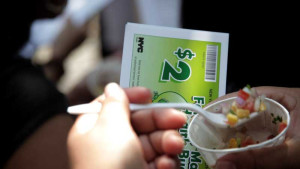
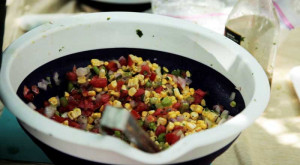
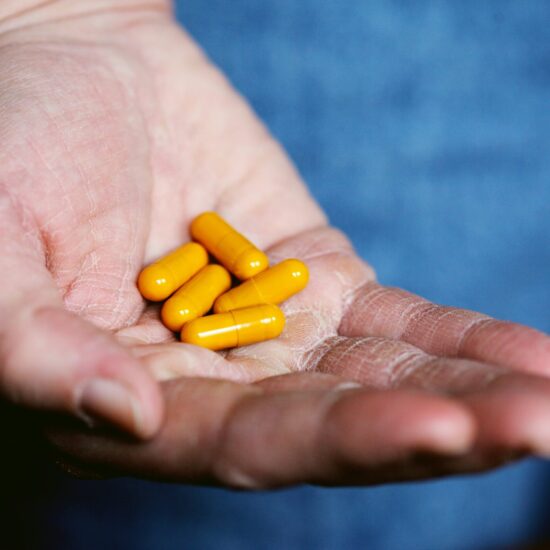
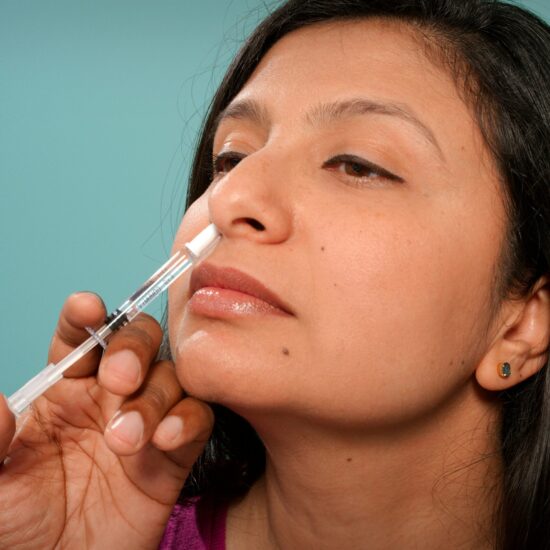
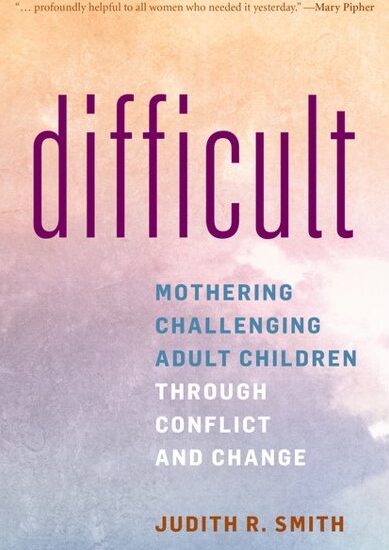
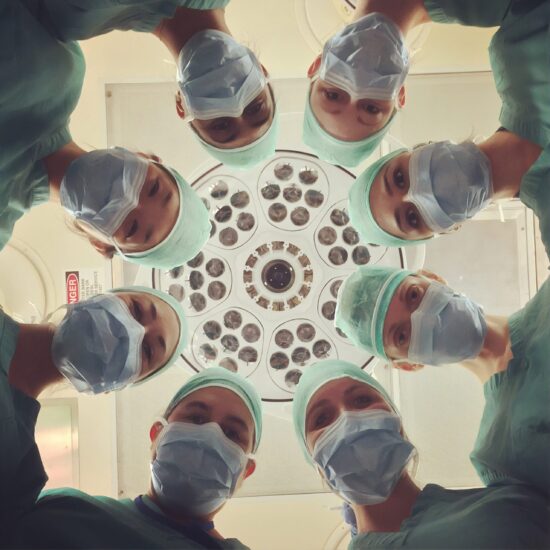
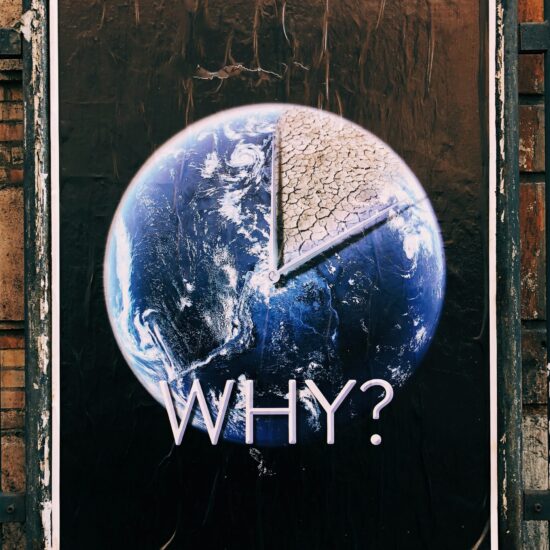
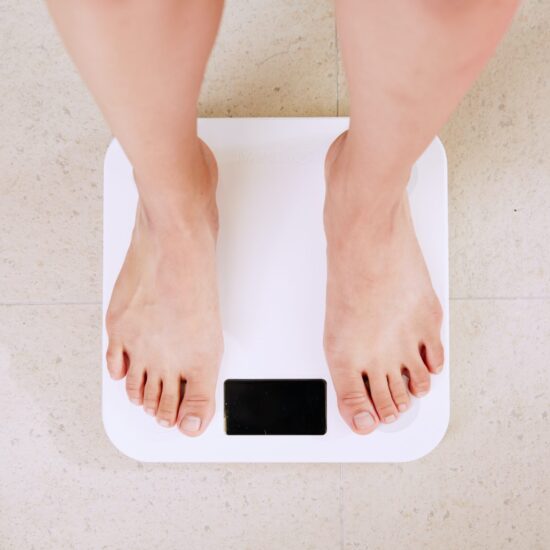
Sarah Alvarez / December 18, 2011
I really enjoyed this article and your clarification on the Stellar Farmer’s markets program. Currently I have been researching what NY is doing to address the issue of NY resident’s limited access to affordable fresh produce and vegetables. I recently began attending a Farmer’s Market in Bushwick that participated in both the Stellar Farmer’s Market and Health Buck programs. Every Saturday from the months of June to November cooking courses under the Stellar Farmer’s market program were available to the community. I believe programs like these can be instrumental in educating individuals on a personal level how to cook with fresh produce and fruits, which can be intimidating. Personal instruction can help ease the discomfort of cooking something foreign and empower an individual to cook something new and healthier. I believe programs like the Stellar farmer’s market also encourages community food activism. An example would be Eco Station NY which is a non- profit that currently manages all three farmer’s markets in Bushwick. They work very close with the Department of Health in Brooklyn to make EBT and the Health Bucks program available for consumers. The organizations goal is devoted to addressing food and environmental justice issues on a grassroots level in Brooklyn. Besides the farmer’s market they are also involved in many food related projects in the community like Bushwick Campus Farms. I believe articles like yours are beneficial in educating other’s on current food polices in NYC, thank you. Below is the website for Eco Station NY http://ecostationny.org/ if you are interested in what they do.
/